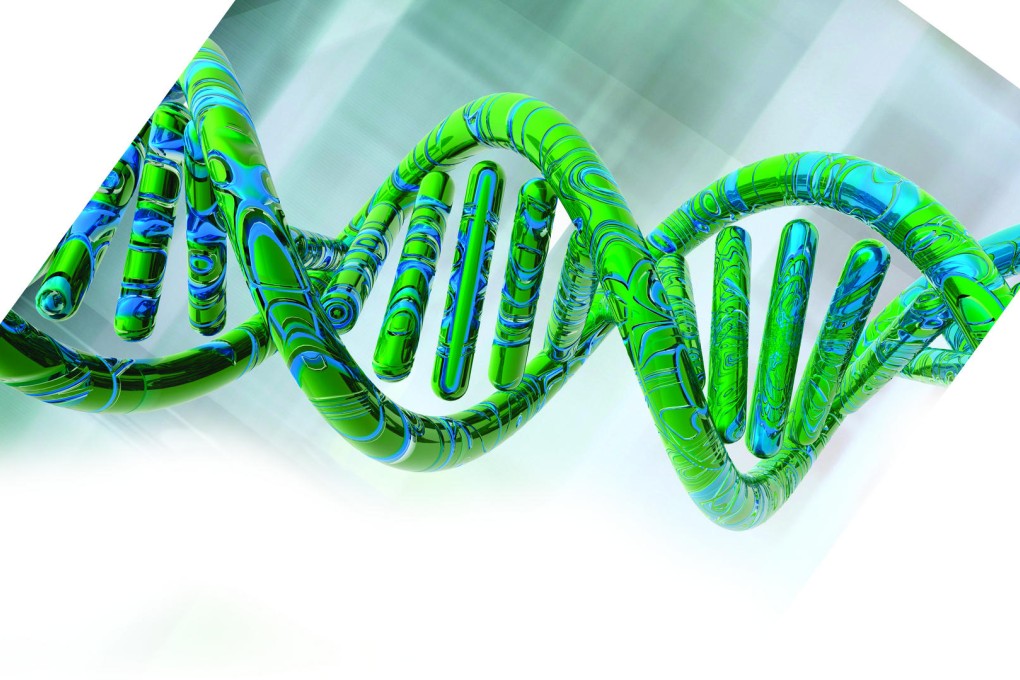Genetically recoded organisms could be safe enough to use to clean up oil spills or break down toxic chemicals
Scientists have created genetically modified organisms that can do vital tasks without the risk of escaping into the wild and causing damage

Synthetic amino acids may one day allow scientists to create "genetic firewalls" that prevent genetically modified crops or animals from escaping into the wild and causing environmental damage, according to Harvard and Yale researchers in the US.
The scientists have created the first genetically modified organisms that can only survive in the presence of designer compounds not found in nature.
The work represents a major step towards the creation of genetically modified life forms that are completely reconfigured to perform an important job and then die without trace when their task is done.
"I don't want to be alarmist or anything, but I think the point is that these organisms do spread," said George Church, a lead researcher and Harvard Medical School genetics professor.
"It's a scenario. You want to get ahead of these things, rather than wait until you have a problem," he said.
Vats of genetically modified microbes are already used to make various chemicals, drugs and dairy products, but the newly designed organisms could be safe enough to use outside, for example to clean up oil spills or break down toxic chemicals on contaminated land. Other bugs based on the same procedure might be put in drinks as probiotics to cure diseases.